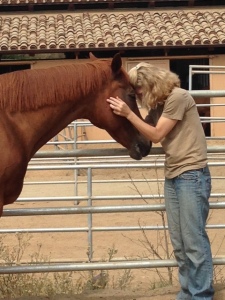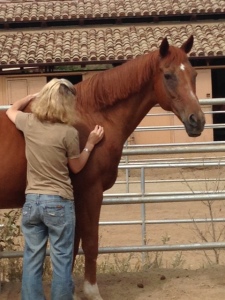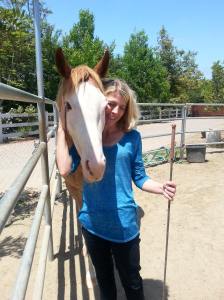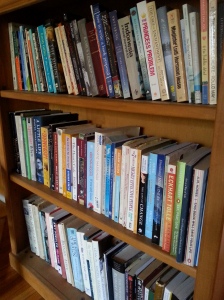Sobriety of Mind
It’s astonishing how obsessed we can become with our own thoughts. It’s an addiction not really discussed but we’re all susceptible to it. Our thoughts can take us down quite literally. I have seen in it myself and I have seen it in others. Sobriety of mind is a noble undertaking.

Ultimately, recovery is a process. We can never completely free ourselves of our thoughts. It’s the nature of the mind to look for trouble. To cling and grasp, catastrophize, and create drama.
We can gain some degree of sobriety though. We can learn to tame our minds. We can alter the way our perceptions tyrannize. And we can practice serenity.
I weary though of talking heads who say we create our reality and that everything external is a reflection of our internal perceptions. To a degree that is true but tell that to the woman diagnosed with cancer. You’re basically telling her that her diagnosis is all her fault. Tell that to the little boy sitting stunned in blood caught in the crossfire of war whose photo went viral. It’s a cop out to say something like that as it reduces life’s crap and evil to simplicity and allows us to abdicate any responsibility for helping others in situations far less fortunate than our own.
If I get hit by a bus, the reality is that it is going to hurt. I am going to have to deal with the aftermath of the accident. While I have some measure of control regarding how I deal with that reality, it’s still going to have to be dealt with. If my legs get broken, they’ll have to be fixed. Pain is a part of life. Our minds will react to circumstances and stimuli.
So where is the line between addiction and sobriety? When do our thoughts make us spin out of control into complete excess? And what do we do about it?
It’s not as simple as mind over matter or willing ourselves out of our feelings. Emotions are crucial because they give us information that something is wrong. As the brilliant Sufi poet, Hafiz wrote, “The Heart is right to cry even when the smallest drop of light, of love, is taken away.” Quite frankly, it’s not the tears that are an issue. That is just energy releasing that ultimately frees us. When we move the energy out we break long held karmic patterns of hurt the yogis refer to as samskaras. Instead it’s our thoughts that can keep us stuck, prisoners in our heads.
When we cling to what happened or what could happen and then dissect every angle of something completely beyond our control, we are simply grasping for control. And that is absurd.
We want perfection out of life. We want everyone to like us, for there never to be a mishap, and to micromanage ourselves and others. This will never be attainable yet the mind will keep questing for it. Why we build an alter to worship at it, I will never understand.
There is no constancy, as much as we long for it. There is our breath and this moment. That is it. The more we can move from one moment to the next without clinging or rejecting, then we achieve a degree of sobriety.
It’s okay to have pleasure. It’s okay to say, “F— it to worry and pain.” The pain and the worry will always be there because we are masters at it. We can ruin even the happiest of moments with obsessions but we don’t have to live with drama 24/7. For a bit, we can let go. We can enjoy ourselves.
![]()
Source: Lise’s Letters
Sobriety of Mind












